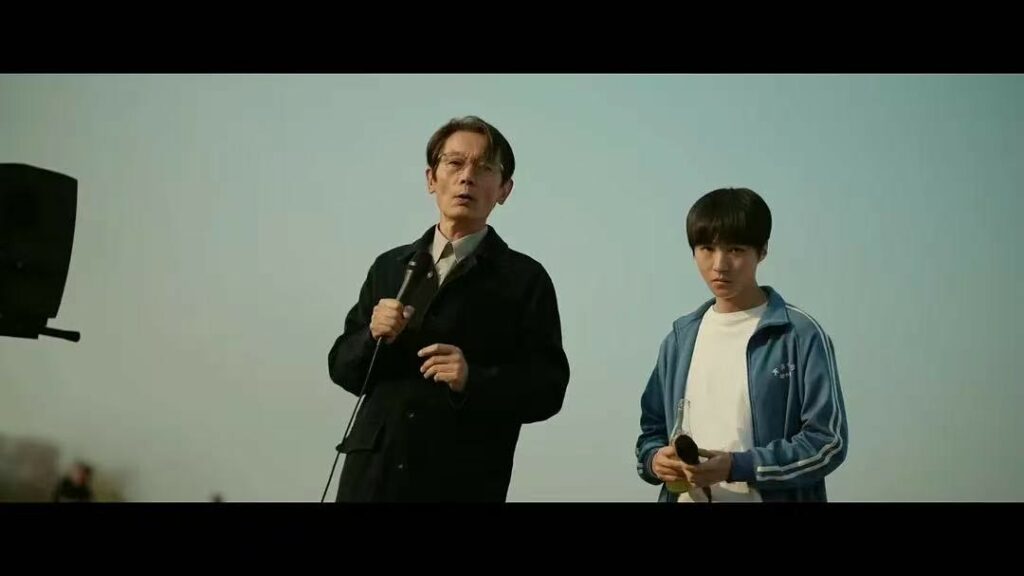
All stills from The Hedgehog (2024). Photographs courtesy of Zheng Zhi.
The writer Zheng Zhi’s first novel, Floating, was published in China in 2007, when he was nineteen years old. Since then, he has published three more—a fifth will come out this year—as well as numerous volumes of short fiction, all while writing prolifically for film and television. His literary career has placed him at the vanguard of what is now known as the Dongbei renaissance, a group of writers hailing from the northeastern provinces of Heilongjiang, Jilin, and Zheng’s hometown of Liaoning, all of whose upbringings were marked by the recession that occurred there in the eighties and nineties. Given Zheng’s stature in his home country, it feels surprising that “The Hedgehog,” which appears in the Review’s new Spring issue, is his first work of fiction to be published in English. With help from the novelist Jeremy Tiang, who translated the story, we spoke to Zheng about the turns of fate and the funding issues that have, over the years, led him away from and back to serious writing, as well as about his childhood fear, which makes its way into the story, that his sanity would hold out for only so long.
—Owen Park
INTERVIEWER
“The Hedgehog” was first published anonymously with the title Xiānzhèng (Immortal syndrome), as part of a competition in the literary magazine Lǐ (Newriting). The story caused a bit of a stir among readers in the Chinese literary world as they struggled to guess the identity of its author. Up to that point, you’d been more successful in the realm of commercial fiction. What was it like to participate in this anonymous contest?
ZHENG ZHI
The entries were a mixture of open submissions and solicited manuscripts. One of the editors, Zhou Jianing, approached me to ask if I’d be interested, and of course I accepted the challenge, in part to force myself to try something new. Six months later, with the deadline fast approaching, Jianing checked in to see how I was doing—and as I’d completely forgotten that I’d agreed to do it, I ended up writing the whole story in the final three days. The word limit was twenty thousand characters, and my story was nineteen thousand. If not for this restriction, I’d probably have kept going and turned it into a novella or even a short novel. All the short-listed stories appeared in the magazine—I remember they were spread across three issues over three or four months—and also on the magazine’s WeChat page. Readers had the choice of buying the magazine or simply reading them online. As promised, the stories were credited only by a serial number—I was no. 11—and people were speculating about who each author might be. I was surprised by how many young writers got involved in these discussions, which became quite animated. The organizers did a good job keeping things confidential—or at least I didn’t know who any of the other authors were. The whole competition felt fair, and very exciting. I’d previously seen this sort of “anonymous” competition only in the world of variety shows, where singers wear masks and the audience has to guess who they are based on their voices. The way I see it, an author’s style is equivalent to a singer’s voice. Being identifiable is very important.
I still remember the award ceremony vividly. Generally, literary award ceremonies aren’t particularly thrilling. This one was different—in the final round, the three judges conferred in a separate room for two hours as their deliberations were broadcast to the live audience in the auditorium. I was seated in the audience, which was quite a weird experience. I hadn’t been nervous, but the atmosphere made me more and more anxious. And it was thrilling when they announced the results. I could say to myself, This short story is definitely the most brilliant one in the whole contest—no need to be modest at that point.
Onstage, receiving my prize, I was excited to say that I looked forward to everyone getting to know me all over again. For many years, I’d been writing all sorts of random things that you wouldn’t really call “literature,” just putting words on the page to earn money, but I had gained a little bit of fame through that. On that stage, though, I realized that the audience—and even the judges—had no idea who I was. Turns out I wasn’t as well known as I’d thought! That’s when it came home to me that the worlds of literary and commercial fiction are completely separate, so even though I’d already been writing for a decade, I was still considered a newcomer.
INTERVIEWER
What do you mean by “random things that you wouldn’t really call ‘literature’ “?
ZHENG
This is hard to describe to people outside of China. Around 2014, social media took off in China, especially Weibo, and online writing gradually changed young readers’ tastes. Many writers sidestepped traditional publishing to put out their own “little stories” or “bits and pieces” online. Unexpectedly, these became hugely popular. This writing was web-friendly in length and subject matter—short, fast-paced, mostly to do with romance, and full of online hipster slang. Quite a few people managed to become famous from this kind of writing and earn a fair amount of money. At the time, I was trying to write novels, but my books sold poorly and I wasn’t making enough to support myself. So I forced myself to chase this trend and began publishing random things online. I found this painful because none of it had anything to do with literature. Ironically, these posts got me a lot of attention and attracted producers who purchased the film rights, so I decided to become a screenwriter. In doing so, I realized that my random scribblings were more like film treatments than fiction—they were full of dramatic incidents and pacey narration and they had a strong visual element. They also had what we call “golden lines”—slogan-like bits of dialogue that the film studios loved. I wrote more of these and earned even more money. As soon as I no longer needed to worry about supporting myself, I reflected on what I was doing and understood that if I went on like this, I would end up destroying myself. I returned to proper writing, which is how I came to write “The Hedgehog.” And so the prodigal son returned.
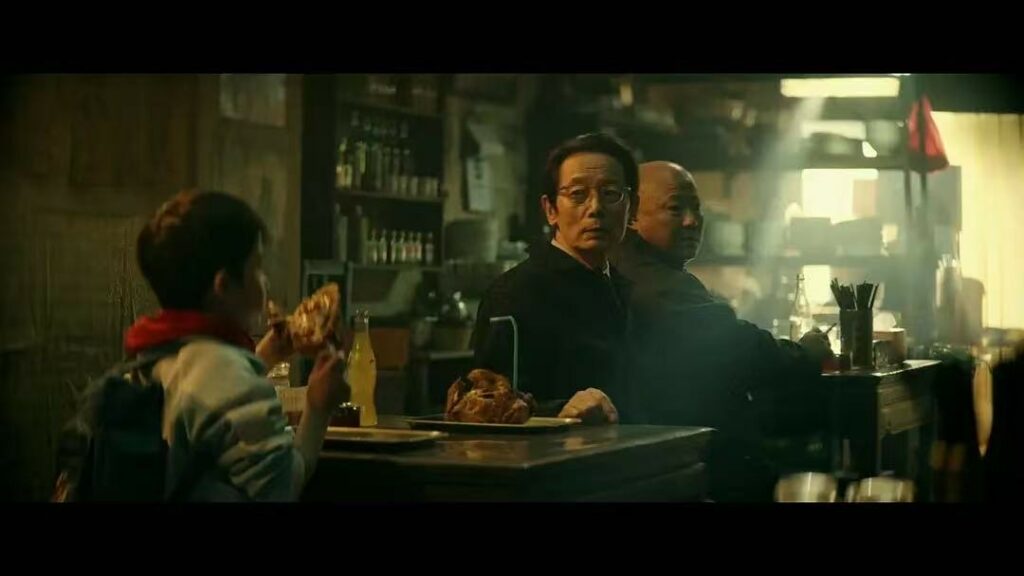
INTERVIEWER
You also wrote a screenplay of “The Hedgehog,” which was made into a 2024 film of the same name. What made you decide to turn the story into a script?
ZHENG
Ten years ago, when I stumbled into screenwriting, every script I wrote was adapted from my short stories and other online scribblings. Later, I also adapted one of my novels into a sixteen-part web series. To this day, I’ve never written an original story for the screen. I don’t really determine whether a particular narrative becomes a short story or a screenplay. I’ve always been a fiction writer first, and the screenplays have grown out of my fiction.
Writing scripts is painful. Even though my scripts were adapted from my fiction, I have a lot of mixed feelings about the way writers don’t get the final say over their scripts. It’s a sad joke, a paradox of the movie business. I adapted “The Hedgehog” because the director Gu Changwei got in touch and told me that he liked the story a lot. He’s a well-known filmmaker, and I was very fond of his earlier work, so I decided to try collaborating with him. Rather than handing it over to another screenwriter, I thought I might as well work on the script myself and earn a little extra money. Writing the script was a more rigorous process than with my previous work, and now that I’ve won some awards for it, I’m taking the movie business a bit more seriously. In fact, I’m in the process of transitioning from screenwriter to director.
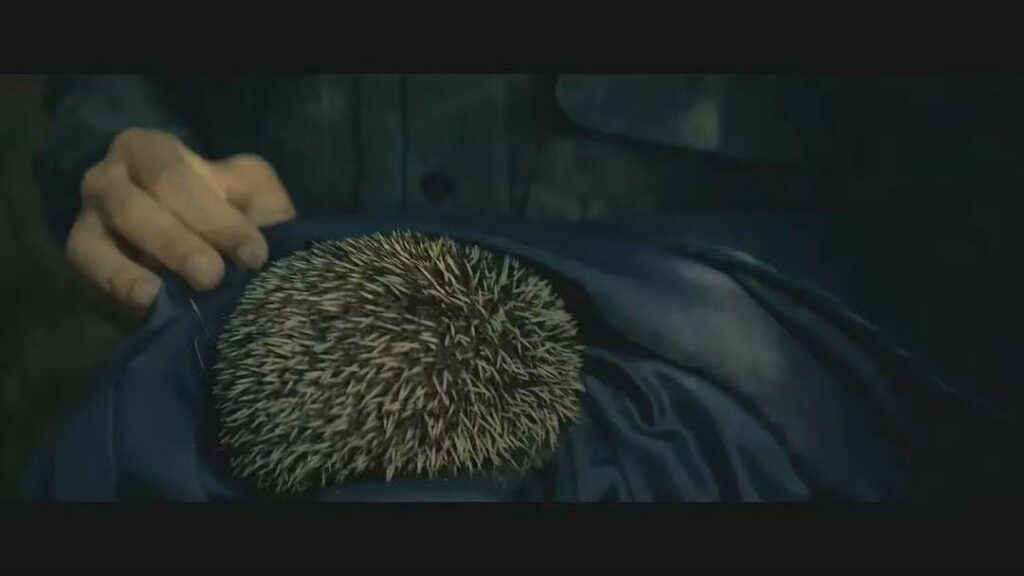
INTERVIEWER
This story is mainly told in the form of memories. Why, to you, is it important that we learn about the narrator’s family—and Shenyang in the nineties—from his perspective as a child?
ZHENG
Many readers outside China don’t know about the pain that the three northeastern provinces, especially my hometown, Shenyang, which is in Liaoning province, experienced during the national economic downturn in the nineties. I wanted to put that context into the story because I felt that then readers would better understand why a voice like this narrator’s was bound to come along. The generation born in the fifties and sixties experienced a wave of layoffs. These were people around my father’s age, and the narrator’s uncle Ensign Wang went through these things too. But they’re far from the only injuries that Ensign Wang suffers—he was born in the forties and lived through the Cultural Revolution. To the narrator’s way of thinking, Ensign Wang’s madness is easily explained because equally tormented lives were everywhere to be seen in that era. I needed to maintain a critical distance and understand Ensign Wang as the product of a particular time and place, so as to avoid exoticizing him as simply “a lunatic.”
Like the narrator, I’m part of the generation that chose to leave those provinces, because leaving meant a greater chance of survival, whereas staying offered only despair. I went away early, leaving a similar sort of household so that I wouldn’t wish to go mad. In the story, I chose to send the narrator to the other side of the world, to Nice, France. A boy from China stumbles into a bar while backpacking and happens to meet someone with a similar background, yet he finds that the most ordinary things about his hometown—I wanted to use a calm, even mundane, register—sound bizarre to the girl, like something out of Edgar Allan Poe.
The thing is, I’ve never had the chance to travel abroad, so I mainly got to know the world through travel programs on TV. In one of them, the host described Nice as the most beautiful seaside town in France. Watching footage of French people by the ocean, wearing sunglasses in cafes and bistros, eating seafood and drinking wine as they talked about all sorts of things, I felt relaxed, contented. It was the complete opposite of my hometown. For me, Shenyang meant steel, smokestacks, grimy tire tracks through the fallen snow. It felt heavy, oppressive. I was tense all the time. I had no idea what it meant to be relaxed. When I had to choose a place for the protagonist of “The Hedgehog” to visit, Nice popped into my mind, and I looked up more and more travel programs about the city, until I felt like I’d seen it with my own eyes. To this day, I’ve never been to Europe, let alone Nice. I hope to make it there in the next couple of years, to finally set foot in this place I’ve written about.
INTERVIEWER
How would you describe the narrator’s relationship with Ensign Wang?
ZHENG
The narrator is a version of Ensign Wang without his mental illness. Subconsciously, though, the narrator wishes he could lose his mind, too, and become truly free by becoming out of step with the rest of the world. That’s why the narrator thinks so fondly of Ensign Wang after he’s gone.
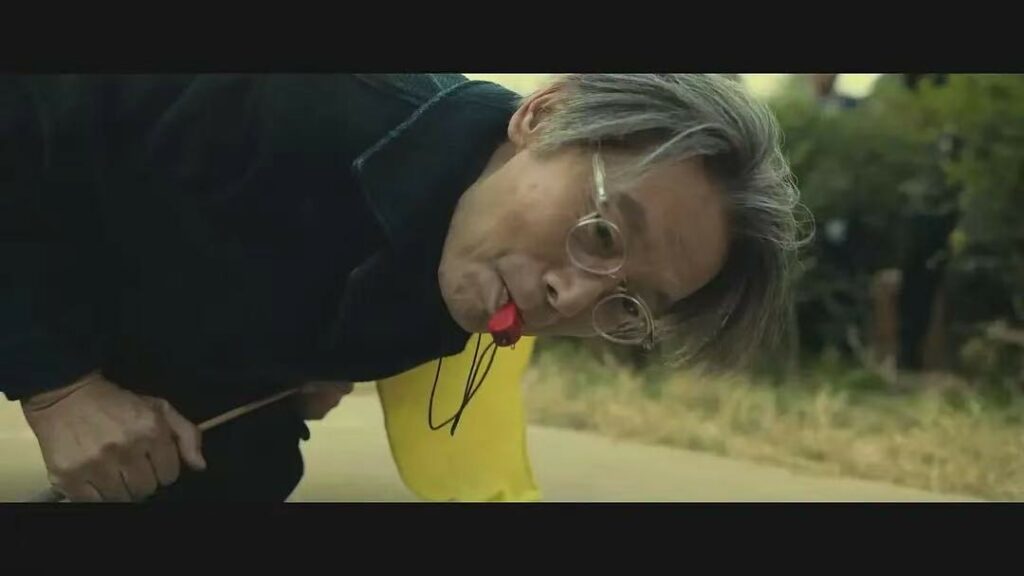
INTERVIEWER
Are mental illness and religion important concerns throughout your work?
ZHENG
Yes, they are—that’s the environment I grew up in. Almost all my female relatives are Buddhists, and they’re always going to temples, donating money and praying to Buddha statues at home. Afterward, though, they go on just as before, eating meat, drinking alcohol, and swearing up a storm. I find this fascinating. One of them, an older woman, changed her religion three times in one decade, from Christianity to Shamanism and finally to Buddhism. I believe she did this out of despair and a sense of helplessness. The character of Ensign Wang’s wife is inspired by her.
A higher proportion of men than women go insane, which means virtually every large clan contains a madman. It always feels like something has tipped them over the edge, maybe a curse or a law of nature. They can’t control their negative thoughts, and that drives them insane. When I was very little, I worried I would lose my mind someday. I don’t know why I thought that might happen. Perhaps from a young age, I had the sense that going insane was very easy to do.
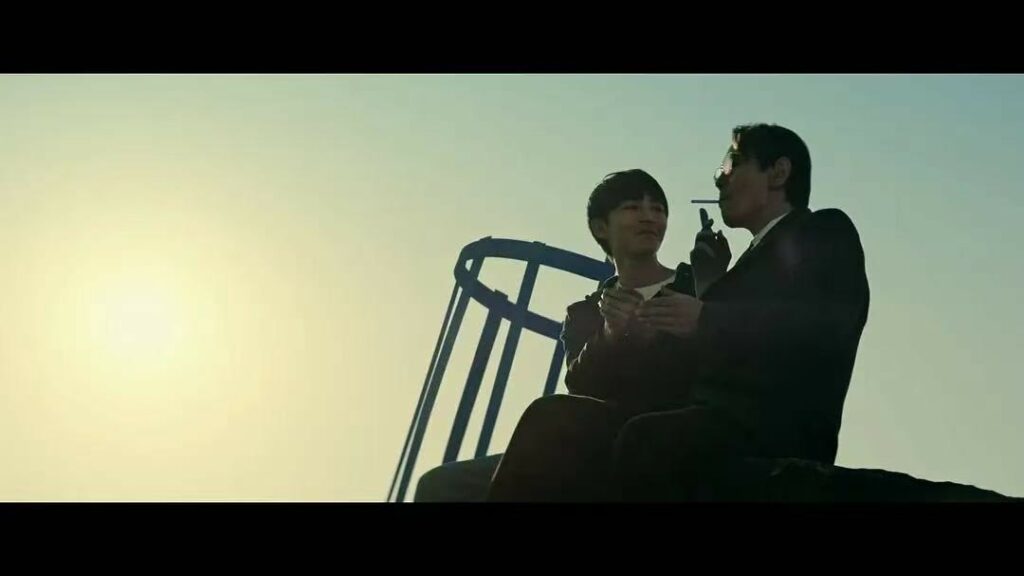
Owen Park is an editorial assistant at The Paris Review. This interview was translated by Jeremy Tiang, who is a novelist, a playwright, and the translator of more than thirty books from the Chinese.

